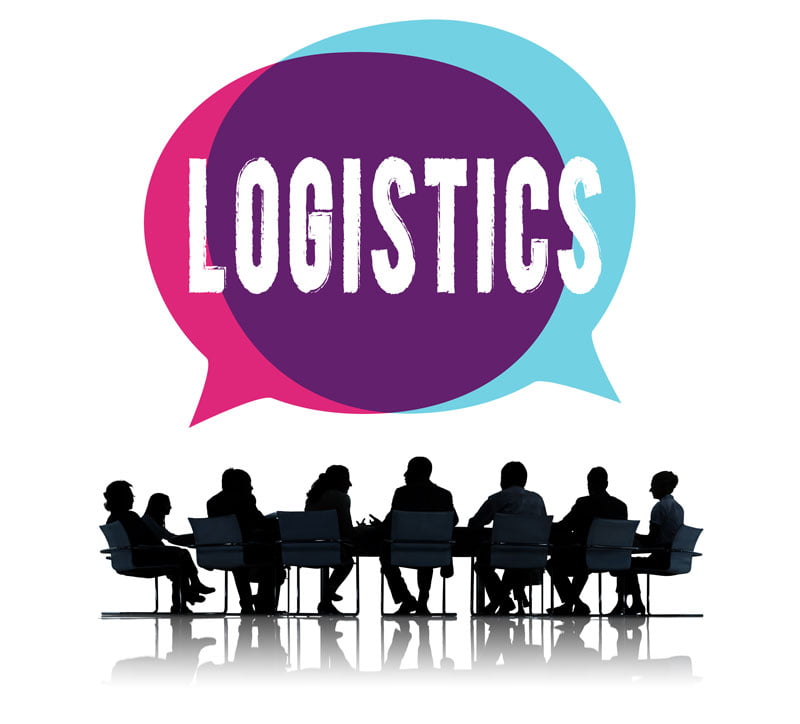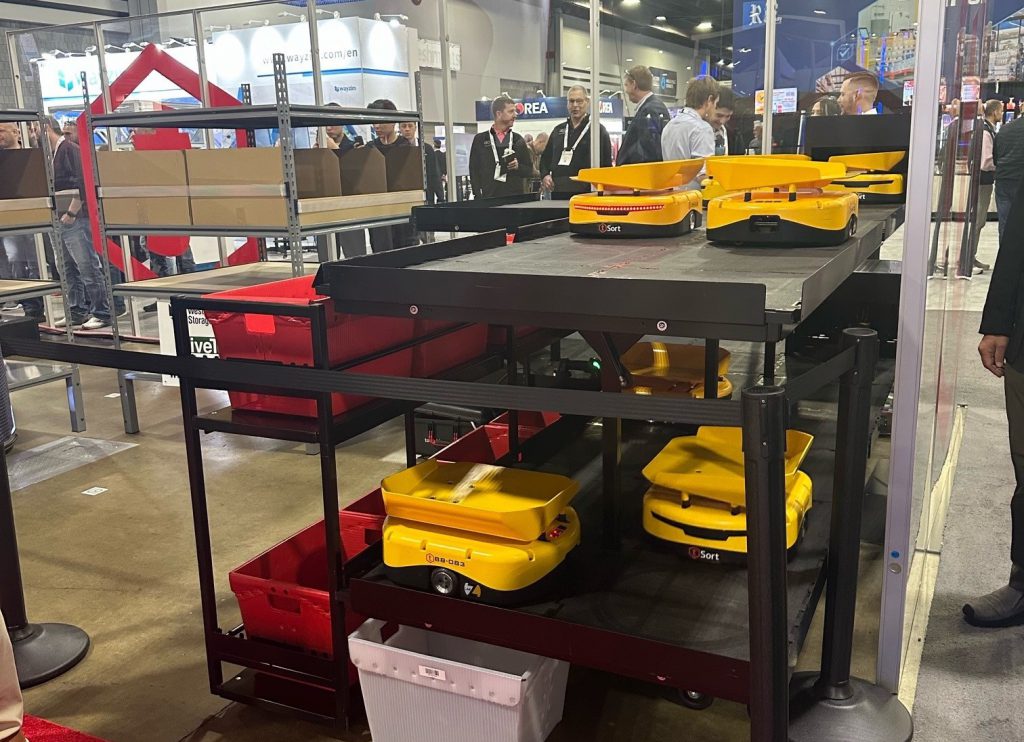Published July 10, 2018
The ability to reduce risk for companies that use Third Party Logistics (3PLs) can be narrowed down to the type of relationship that exists between the two parties. Typically, companies opt for a vendor-ship, in which they simply purchase a service at an optimal price. Ideally, they should have a partnership with their 3PL providing them a seat at the table where the company’s strategy is developed.
A seat at the table requires that the contracting firm commit to partnership with its 3PL. This affords them purview to the company’s strategy, input on the strategy’s execution, as well as their planning processes, and access to its C-level executives. Depending upon your 3PL to provide continued expertise beyond their initial solution is the best way to avoid supply chain disruption.
Supply chain disruption is the result of a communication failure between planners and operators, but in some cases, it can be traced back to a failure of strategy in the selection process. For example, an RFP event led by a procurement team that is willing to award a three-year contract based on rates alone, and not an engineered solution. This type of process indicates that the contracting company is seeking a vendor and not a partner. Procurement teams looking for the best price often sacrifice service, continuous improvement, and industry expertise opting to rely on their own knowledge of the industry. The low-cost vendor that is chosen can perform the basic requirements but lacks the thought leadership to provide a solution to changing federal requirements or shrinking time windows at major retailers. The types of disruption that can occur are frequent service failures that eventually result in replacing the vendor and or disruption to your own budget and profitability. In an extreme case I have seen a carrier go out of business and the contracting firm not have any prior notice due to the lack of creating a partnership. The contracting firm accepted their low offer and the carrier slowly ran itself out of business by operating at a loss.
Successful execution of the supply chain strategy requires collaboration between the 3PL and contracting firm. 3PLs that are in a vendor-ship with the contracting firm, are often tasked with executing a flawed strategy that will lead to supply chain disruption. For example, a company released an RFP with incorrect SKU count which lead to a design with the incorrect square footage and cost. The 3PL that was awarded the contract caught the error during due diligence. A redesign was mandatory and during a discussion of alternatives the contracting firm gave a directive to lower inventory to reduce space because of the added pick stations. The 3PL advised that they needed more space, and that lowering inventory would cause stock outs because of the four-day replenishment lead time. After going live there were stock outs every Thursday and Friday. Any increase above planned volume estimates could not be met immediately and were expedited once the inventory was received. This vendor-ship mentality cost the contracting firm thousands of dollars weekly, increased transportation costs and lost sales due to stock outs.
The rise of data science will continue to drive this vendor-ship over partnership mentality as companies feel empowered to make network modeling decisions based on analytics, without validating for operational feasibility with their 3PL. New services like Uber Freight will embolden the low-cost approach when firms should be making their supply chain flexible and proactive to customer requirements to increase profitability. Through partnership disruption can be prevented by relying on the expertise of your 3PL.
More Resources



